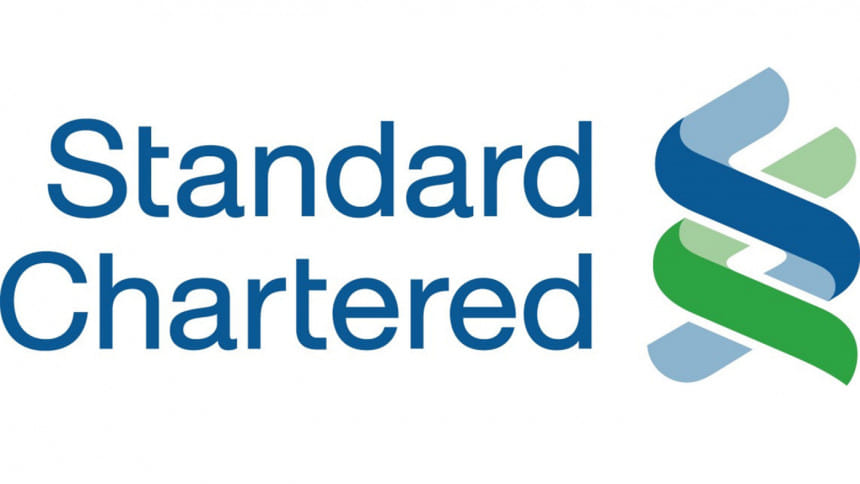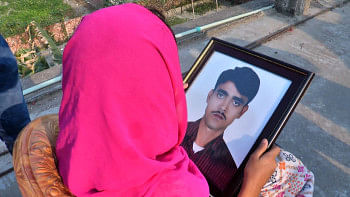Standard Chartered, UCEP launch reskilling project for vulnerable individuals

Standard Chartered and UCEP Bangladesh have jointly announced the launch of a re-skilling and employment reintegration programme for economically vulnerable individuals who have lost their livelihoods due to the impact of Covid-19.
Under this initiative, UCEP Bangladesh will conduct a rapid needs assessment study to identify the skills gaps in both formal and informal sectors, and the opportunities created by the disruptions caused by Covid-19.
Based on the findings of this study, demand-driven training programmes will be developed that prepare participants with the skills to best meet current and future demands of the job market.
The graduates will then go through a job placement programme to complete their reintegration within the economy.
"Covid-19 is a once-in-a-century challenge that has forced us to rethink our way of life. It is also a generational opportunity, a chance to mould the new normal on our own terms, building a more resilient and equitable society," said Naser Ezaz Bijoy, CEO of Standard Chartered Bangladesh.
"Partnership with UCEP is our attempt to help the pandemic-impacted workforce to become future fit and to get reintegrated as gainfully employed workforce to contribute in our beloved nation's next journey towards prosperity."
Tahsinah Ahmed, executive director of UCEP Bangladesh, said, "The Covid-19 pandemic has opened up opportunities in the domestic market especially in the health, agriculture and technology sectors."
"Standard Chartered has been supporting UCEP Bangladesh in skilling and upskilling of youth, especially females in demand-oriented occupations," she said.
"Through this new partnership, UCEP Bangladesh will reintegrate the youth and adults who have lost their jobs due to Covid-19 with wage and self-employment through Recognition of Prior Learning assessment, upskilling and entrepreneurship development training," she said.
"Food aid will also be provided," she added.
Standard Chartered is currently focusing its community support measures in five key areas.
One is over providing life-sustaining food and hygiene support to 120,000 individuals, providing 3,600,000 meals and personal hygiene material through Bidyanondo Foundation, BRAC and Kumudini Welfare Trust.
Another is supporting lifesaving medical services for 560 critically-affected Covid-19 patients through Sajida Foundation and Bidyanondo Foundation.
The third is supporting livelihoods of 2,000 farmers by directly sourcing 200 tonnes of fresh produce and delivering them free of cost to 200,000 direct beneficiaries with OBHIZATRIK Foundation.
The fourth is supporting education by contributing Tk 109,135,000 to the Unicef to be used for protection measures and remote education of vulnerable children.
The last is on supporting the healthcare workers fighting on the frontlines by contributing Tk 25,185,000 to Red Cross programmes.

 For all latest news, follow The Daily Star's Google News channel.
For all latest news, follow The Daily Star's Google News channel. 



Comments